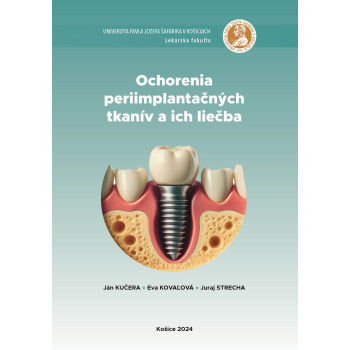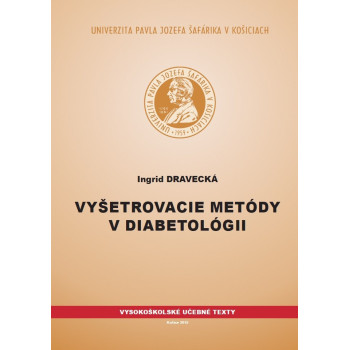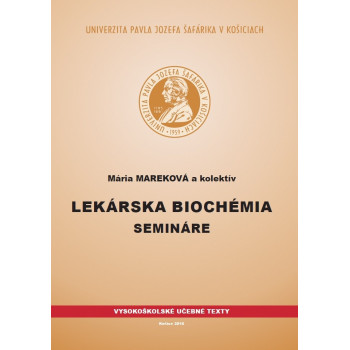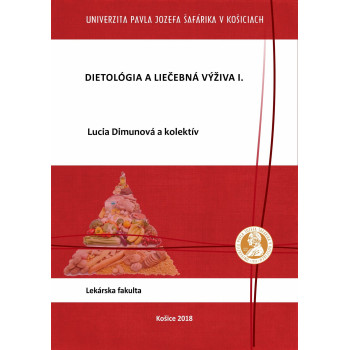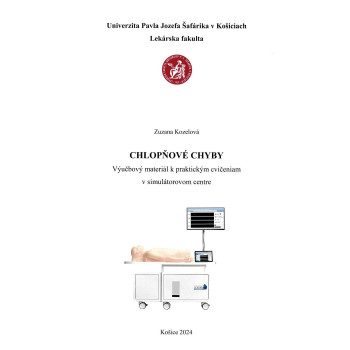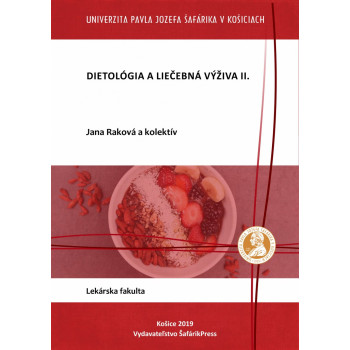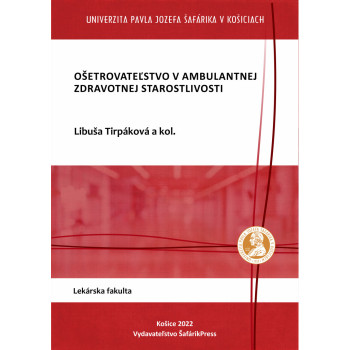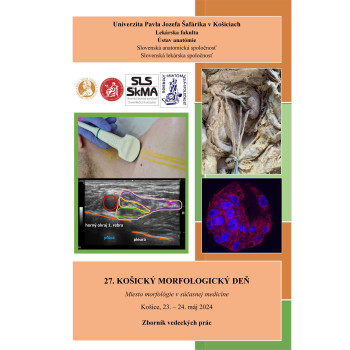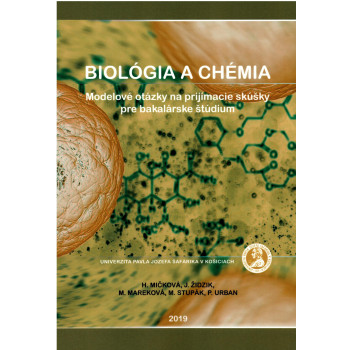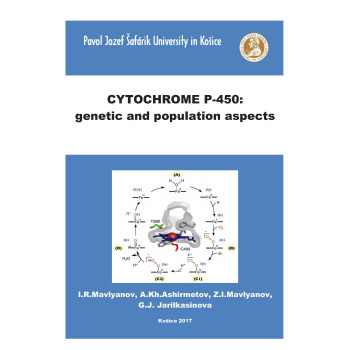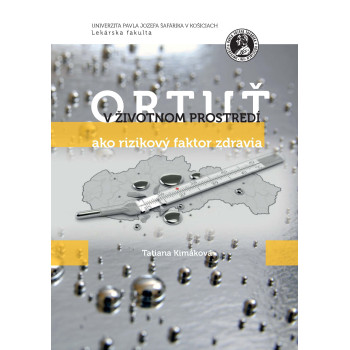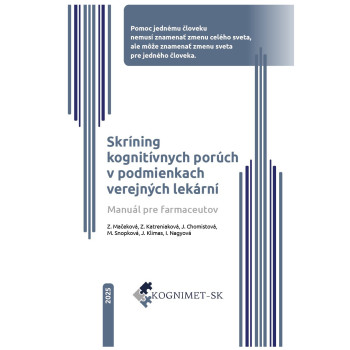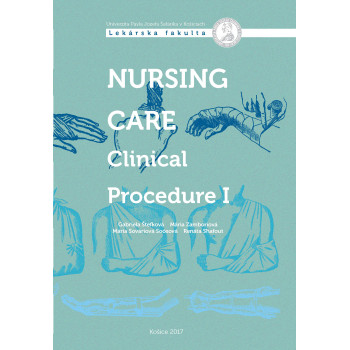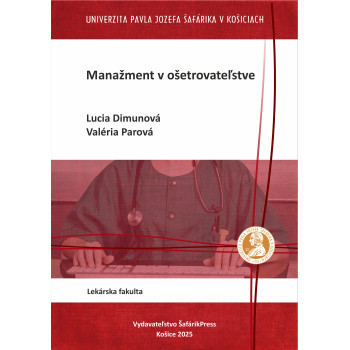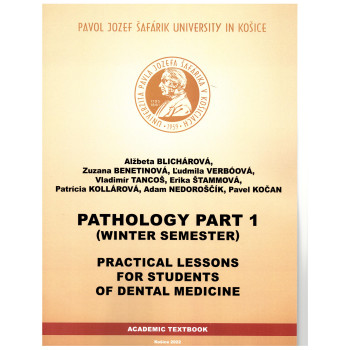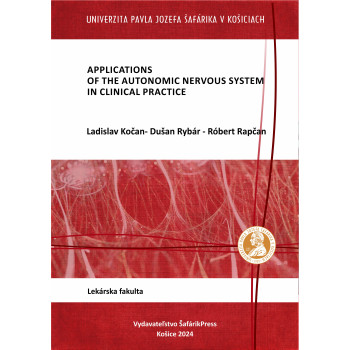
Ochorenia periimplantačných tkanív a ich liečba
E-book
Ján Kučera - Eva Kovaľová - Juraj Strecha
Peri-implantation diseases such as peri-implantitis and mucositis have a wide range of prevalence. Several etiological factors and the interaction of risk factors influence their onset and development. Careful investigation determines the diagnosis and subsequent treatment. Treatment, depending on the condition, is either non-surgical or surgical. Systematic postoperative care, a recall system, and patient instruction and cooperation are essential, which create the preconditions for successful implant treatment.



